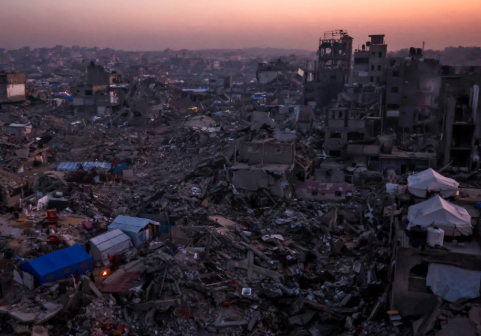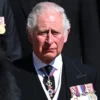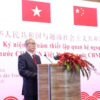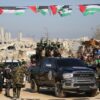Riyadh: Senior officials from Egypt, Jordan, Saudi Arabia, Qatar, and the United Arab Emirates are ready to meet in Riyadh today so that former US President Donald Trump’s controversial advice to transfer two million Ghazans to neighboring Egypt and Jordan is a contradiction. Do
This meeting has a significant weight because Arab countries look for a united approach to the protection of Palestinian rights and to prevent forced migration.
The talks in Riyadh will set a stage for a large gathering of the Arab League in Cairo on March 4, where a formal plan will be presented for the future of Gaza.
Trump’s proposal has widely condemned, Arab states stand in a rare alliance against this idea. For Palestinians, it revives the traumatic memories of the 1948, when hundreds of thousands of people were displaced during Israel’s establishment. In response, Arab leaders have reaffirmed their strong stance against forcibly removing Palestinians from Gaza.
As part of the debate, Egypt is allegedly planning a three -phase reconstruction plan for Gaza. The first phase involves cleaning the debris and moving the affected people to a safe zone. The second phase will focus on the restoration of necessary infrastructure, including utility, roads and public services. The last phase will include urban planning, housing plans and broader social development measures.
One of the biggest challenges facing this project is to secure financial promises. While the Gulf states, including Saudi Arabia and the United Arab Emirates, have expressed their willingness to contribute, they are assuring Hamas’ role in the Gaza administration.
The proposed governance model proposes the Palestinian -led administration without allegiance to any group, as well as a joint security framework comprising Palestinian Authority forces, Egyptian troops and wider Arab security forces.
However, there are differences in Arab countries. Egypt and Saudi Arabia are pushing for control of the Palestinian Authority, while Qatar insists that the people of Gaza should determine their rule structure. Despite these differences, the purpose of today’s meeting is to establish a comprehensive strategy that firmly rejects the displacement and prefers the Palestinians’ self -determination.
Since the Arab leaders in Riyadh will deliberately see the consequences of these debates, which will create a region’s position on the reconstruction of Gaza and the future rule. It is expected that external proposals will be challenged by a united plan to be presented at the next Arab League summit and will strengthen Palestinian sovereignty in the region.












